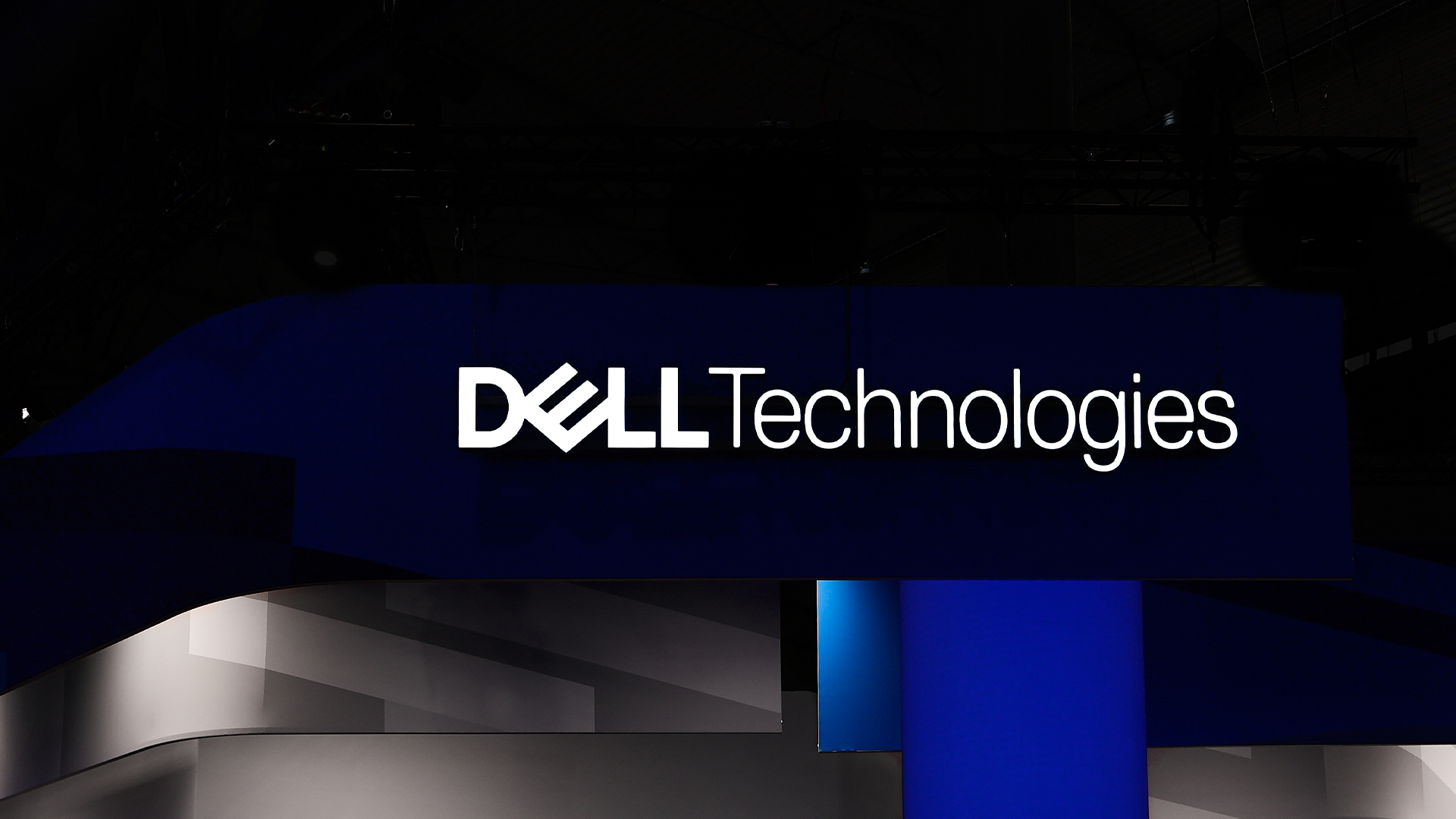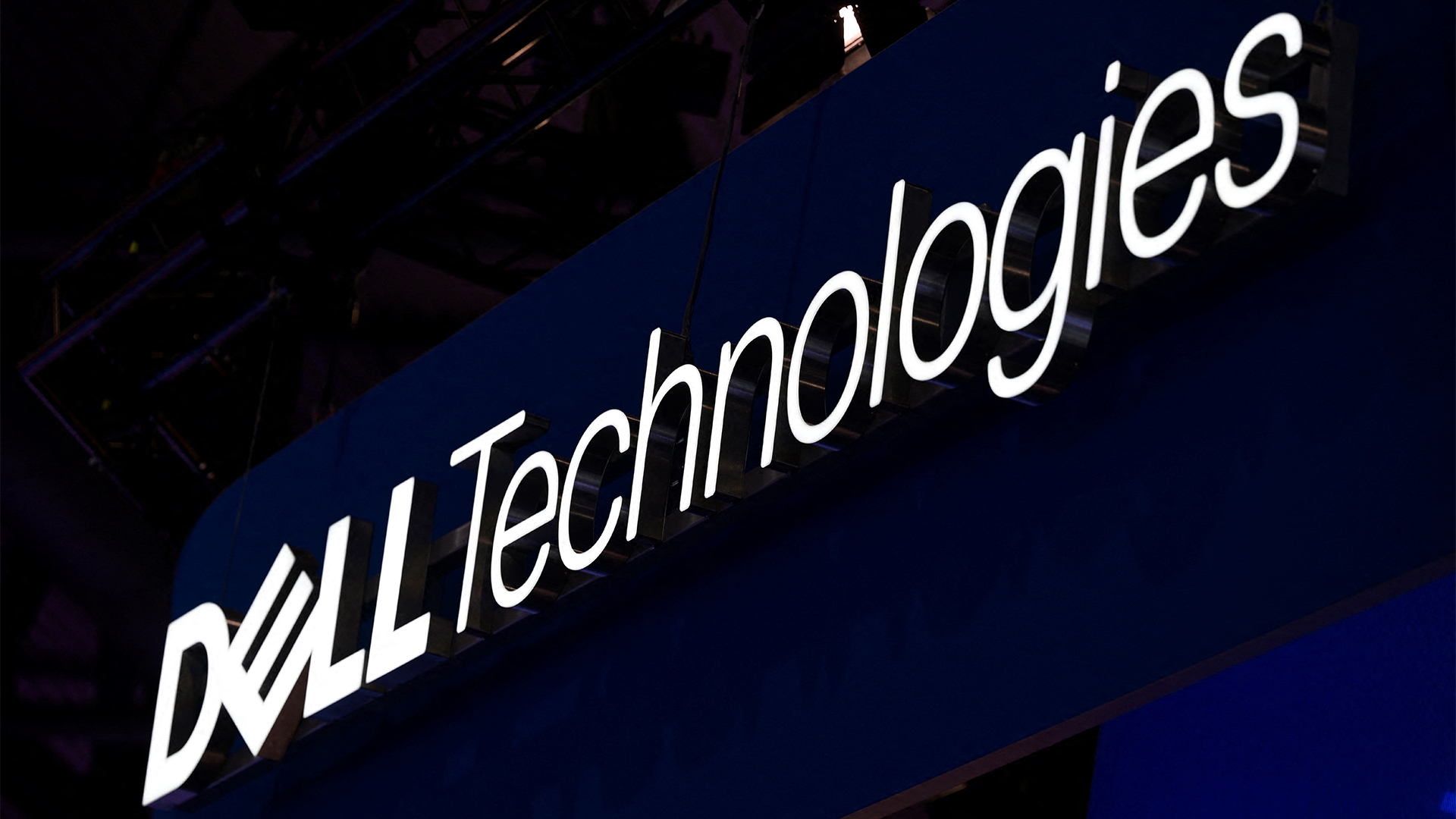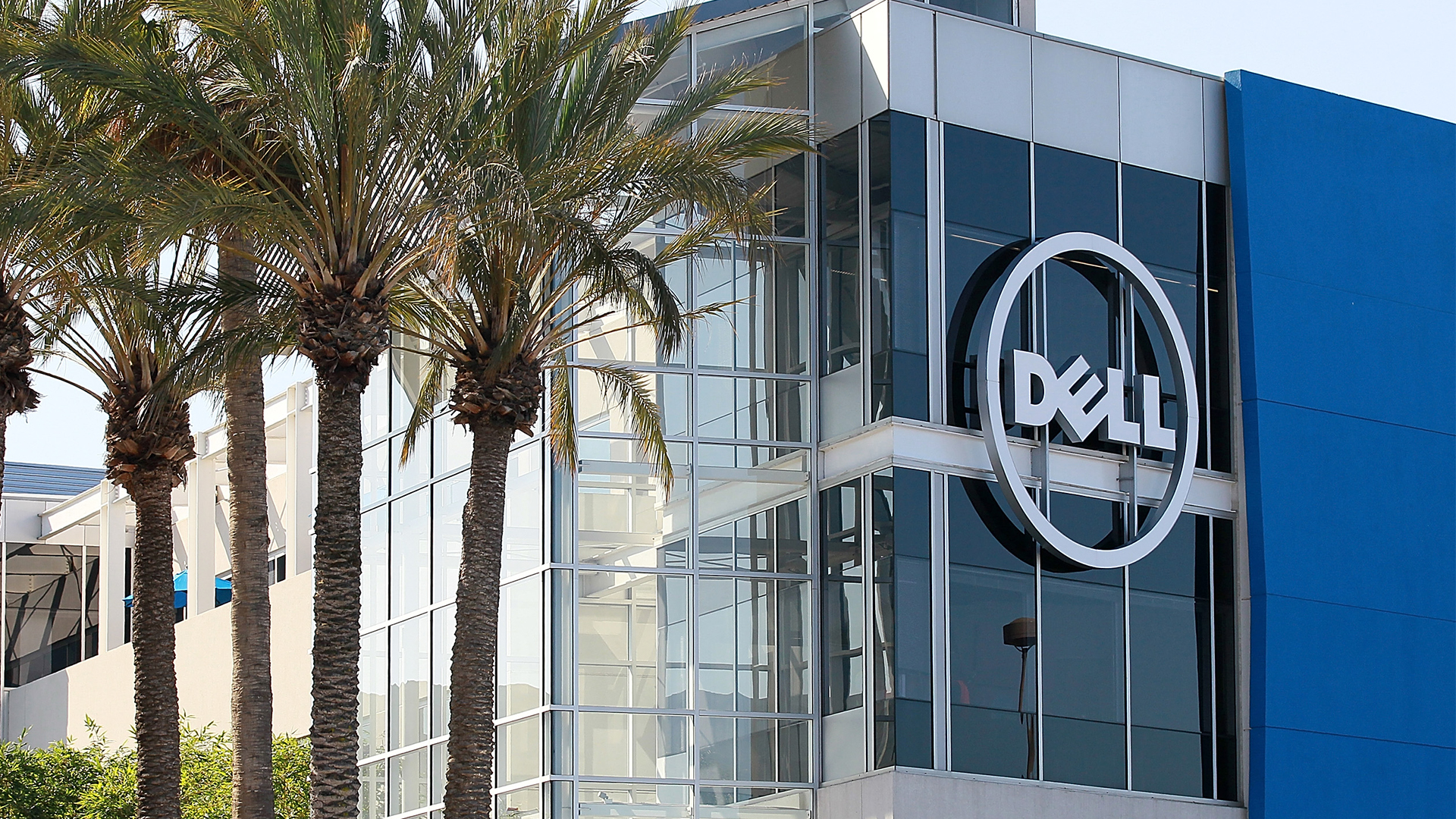Q&A: Carter George executive director of Dell storage
We speak to Carter George about Dell's plans for the storage market and get his thoughts on the cloud.
Dell is going through a mammoth transformation, as it tries to shed its image as a seller of beige boxes and provide customers with end-to-end services.
The hardware giant sees the storage market as key to its strategic shift and wants to break into the top three in the next two years.
IT Pro caught up with Carter George, who filled us in on Dell's strategy and gave us his thoughts how important the cloud will be to businesses.
Can you tell us how important the storage market is to Dell?
Dell is going through a transformation to be more of a complete end-to-end solution provider. We see lot of opportunities in [the] storage market to provide products and services.
Three years ago over 90 per cent of our storage portfolio was third-party technology. This last quarter, 92 per cent of our storage business was made up of Dell technology. That is a dramatic turnaround.
By 2014, we expect to be the number three [storage] provider behind EMC and Netapp, [and] that would make us top amongst the system vendors.
Get the ITPro daily newsletter
Sign up today and you will receive a free copy of our Future Focus 2025 report - the leading guidance on AI, cybersecurity and other IT challenges as per 700+ senior executives
This is going to require dramatic growth and we have carried out six acquisitions so far. Going forward, we are likely to carry out three-to-four transactions per year to support the storage business.
Our latest acquisitions has been Wyse. Although this was driven by our end-user computing group, this does have implications for storage.
Virtualisation and thin provisioning is becoming increasingly important as businesses tackle infrastructure challenges in the workplace.
What are the main challenges for businesses when it comes to storage and how does Dell plan to address this?
There are two ever-present challenges faced by businesses: the growing amount of data and tighter budgets.
There is a tremendous amount of data growth, which isn't new, but at the same time this isn't going away. IT departments are also under pressure to do more with less, so this creates a lot of tension.
To bring affordable technology to smaller firms, we obviously have to charge less money. We also have to make products easier to use.
It is important to note that smaller firms can't afford to hire specialised staff to run and maintain complex products. Automated products are becoming increasingly important, so that businesses can manage products.
-
 Bigger salaries, more burnout: Is the CISO role in crisis?
Bigger salaries, more burnout: Is the CISO role in crisis?In-depth CISOs are more stressed than ever before – but why is this and what can be done?
By Kate O'Flaherty Published
-
 Cheap cyber crime kits can be bought on the dark web for less than $25
Cheap cyber crime kits can be bought on the dark web for less than $25News Research from NordVPN shows phishing kits are now widely available on the dark web and via messaging apps like Telegram, and are often selling for less than $25.
By Emma Woollacott Published
-
 Scale of Dell job cuts laid bare as firm sheds 10% of staff in a year
Scale of Dell job cuts laid bare as firm sheds 10% of staff in a yearNews Dell Technologies’ workforce has reduced significantly in recent years, figures show, with headcount at the tech giant dropping by 10% in 2025 alone.
By Nicole Kobie Published
-
 Dell Technologies just revamped its Partner Program for 2025 – here's what to expect
Dell Technologies just revamped its Partner Program for 2025 – here's what to expectNews Dell Technologies has unveiled its revamped Partner Program for 2025, offering a range of new incentives for partners.
By Emma Woollacott Published
-
 'Nothing is faster than the speed of human interaction': Dell orders staff back into the office as the company shakes up hybrid working practices
'Nothing is faster than the speed of human interaction': Dell orders staff back into the office as the company shakes up hybrid working practicesNews Dell Technologies has ordered staff to return to the office five days a week, according to reports, with some exceptions allowed for staff located too far from physical office sites.
By Emma Woollacott Published
-
 Meta layoffs hit staff at WhatsApp, Instagram, and Reality Labs divisions
Meta layoffs hit staff at WhatsApp, Instagram, and Reality Labs divisionsNews The 'year of efficiency' for Mark Zuckerberg continues as Meta layoffs affect staff in key business units
By Ross Kelly Last updated
-
 Business execs just said the quiet part out loud on RTO mandates — A quarter admit forcing staff back into the office was meant to make them quit
Business execs just said the quiet part out loud on RTO mandates — A quarter admit forcing staff back into the office was meant to make them quitNews Companies know staff don't want to go back to the office, and that may be part of their plan with RTO mandates
By Nicole Kobie Last updated
-
 Microsoft tells staff it won’t follow Amazon or Dell on enforcing a return to the office – but there’s a catch
Microsoft tells staff it won’t follow Amazon or Dell on enforcing a return to the office – but there’s a catchNews While other big tech companies are forcing reluctant workforces back into the office, Microsoft isn’t following suit
By George Fitzmaurice Published
-
 Amazon workers aren’t happy with the company’s controversial RTO scheme – and they’re making their voices heard
Amazon workers aren’t happy with the company’s controversial RTO scheme – and they’re making their voices heardNews An internal staff survey at Amazon shows many workers are unhappy about the prospect of a full return to the office
By Ross Kelly Published
-
 Predicts 2024: Sustainability reshapes IT sourcing and procurement
Predicts 2024: Sustainability reshapes IT sourcing and procurementwhitepaper Take the following actions to realize environmental sustainability
By ITPro Published